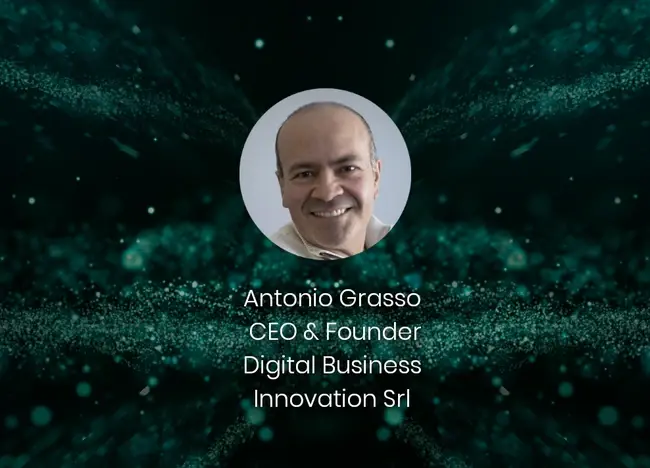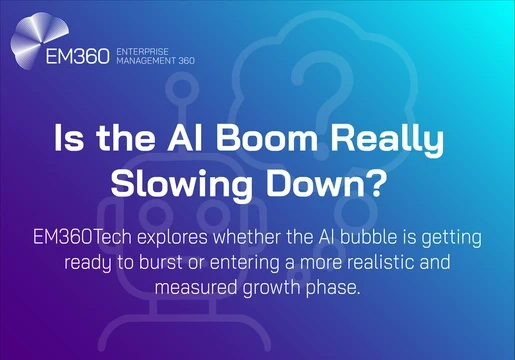This week's Opinion Piece is written by Antonio Grasso, the CEO and Founder of Digital Business Innovation Srl, as well as the CTO of Think Digital Srl.

Business Process Automation or BPA, aims to automate an enterprise process using technology; the main goal is to optimize process execution, saving time and costs. The injection of technology in workflow helps to fulfil work better, boosting the effectiveness of enterprises.
In the past few years we've seen the advancement of a new technology called Robotic Process Automation, or RPA, used to automate recurring human software-tasks like responding to an email, clicking on some buttons or filling some web forms; something like a digital monkey that emulates human actions. In fact, the most common RPA is based on a registration of tasks (press this button - if this then that - fill this form etc) and the subsequent emulations of those tasks. A monkey !
This monkey has captured the interest of CIOs due to the enormous potential to cut operators' costs in an environment with repetitive tasks.
Take a look at this Deloitte Global CIO Survey:
The RPA is at the top of the emerging technologies wish list for CIOs.
In my view, this happened due to a big hype around RPA that distorts the truth; many think that RPA is the same as AI (can be due to the “robotic” term) or that RPA means AI etc.
We need to demystify that, representing the real differences between RPA and AI about the core needs of a business process: the problem solving.
An interesting infographic by Everest Group, can help us to shine a light on that:
Exploring the main differences, we can see that RPA is rule-based, deterministic and has no “human sense” of vision and language while AI can learn from experience, is probabilistic and has vision and language.
The question arises: can we put them together to achieve a “smart” process automation?
The answer is “Yes we can”.
In fact, the tremendous advancement of technology in the last few years imposes a new way to think about process automation, something that starts from a virtual (dumb) assistant to a whole virtual (smart) workforce.
In our digitally transforming world, we cannot miss considering this advancement of technology as the main benefit to our effectiveness.
I consider this insight to have a clear vision of what can be possible in the near future really interesting:
As many other technologies, RPA can evolve joining forces with AI to drive smart operations.
The journey starts from the assisted operation (the monkey) to the unassisted one to the cognitive one, passing through the autonomous one.
Something that IBM has called the “Intelligent Automation Continuum”:
Many players use different terms to represent the same thing: the Business Process Automation can evolve toward a Cognitive Process Automation.
So, yes, the marriage of RPA and AI can hugely boost process automation with great benefits to the enterprises in terms of costs, efficiency and effectiveness.







Comments ( 0 )